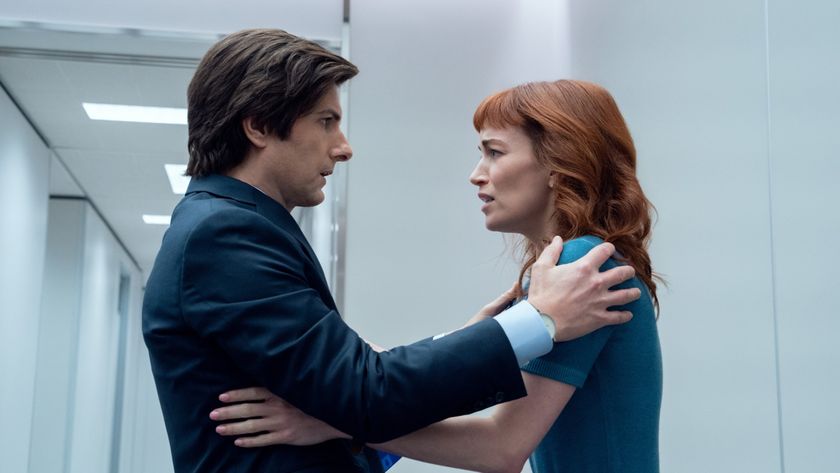Why you can trust 12DOVE
Just go. Don't watch the trailer. Don't visit the official website. Don't read about it, hear about it or listen to anyone who wants to tell you about it. Skip this review, if you like (maybe sneak a quick glance at the star rating, out of politeness). The less you know about Million Dollar Baby before the lights go down, the greater you'll reel from the sensory blows it rains down in the final third.
Still here? Well... Although the boxing scenes are surprisingly crunchy, this ain't no Raging Cow. It's a stately, melancholic character drama with a Shawshank-like approach to that grand old theme: redemption. Hard-hearted fools will note how it all slots together like Darabont Duplo: complex male buddy-love/hate; tragi-comic side character; a brooding sense of incoming crisis; Freeman's wisely written and delivered narration (""Sometimes the best way to deliver a punch is to step back""). But Eastwood takes his good, good time: gently coaxing and weaving the familiar parts into a dignified and resonant whole.
Like all the best movies on a sporting theme, Million Dollar Baby is more interested in the private demons being muffled by that single-minded thrust for public glory. Frankie's nightly bedside prayer nails his cynicism and spiritual anguish (""You know what I want, Lord. So there's no point in my repeating myself"), while Eddie's pain is more gradually exposed - and eventually vindicated, in one glorious, air-punching set-piece.
Eastwood casts both men in dark, earthy tones, often immersing their facial expressions in shadow. Their haunted air is contrasted with Maggie's spunky radiance. In the scene where Eddie shuts down the gym for the night, there she is, still pounding the punch-bag - an angelic light in the middle of all this gloom.
It's to Swank's credit that, even alongside Eastwood and Freeman, she out-acts them both, blending a range of subtle character tics with all the expected tough stuff. It's a powerhouse blend of male/female swagger/vulnerability, and the last time she dabbled with gender blur (Boys Don't Cry), Oscar came knocking.
The blossoming relationship between Frankie and Maggie will woo the sniffiest cynic. As with the rest of the film, Eastwood takes it nice and slow. It's a perfectly dovetailed dynamic - she coaxes the cautiousness out of him, while he coaches maturity into her. And when, around two-thirds in, the film suddenly shifts onto an entirely unexpected level, you can't help but be captivated.
In lesser hands, all of this might dribble out soppy and over-schmaltzed. But Clint is way too much of an old pro to settle for easy sentimentality over the kind of ferocious emotional impact he delivers here. Like we said, just go.
With Mystic River, Clint stared down loss and revenge. Here, he's made an elegiac and beautifully measured film about the power of love.
The Total Film team are made up of the finest minds in all of film journalism. They are: Editor Jane Crowther, Deputy Editor Matt Maytum, Reviews Ed Matthew Leyland, News Editor Jordan Farley, and Online Editor Emily Murray. Expect exclusive news, reviews, features, and more from the team behind the smarter movie magazine.

Another Helldivers 2 collaboration is already in the "early stages" after the sci-fi shooter crossed over with Killzone

Move over, Ted Lasso: Severance is now Apple TV Plus’s most-watched show

GTA 5 is giving PC players a free upgrade that brings it up to par with the console versions and adds some PC-exclusive features
Most Popular



